
Baking for mental health
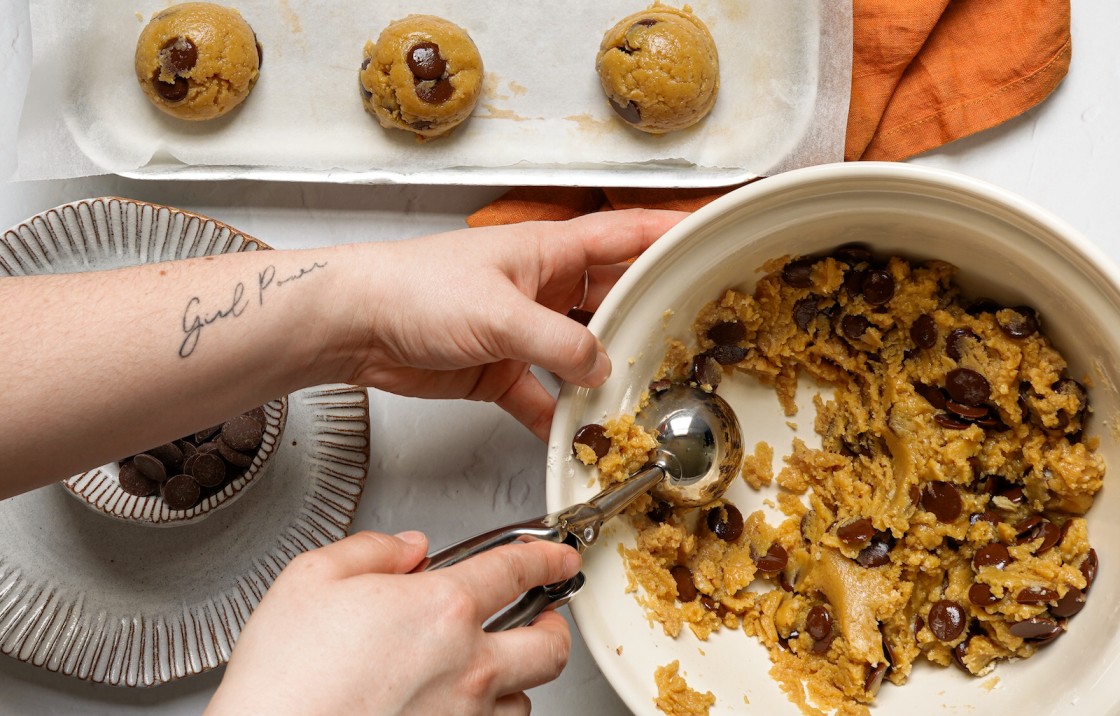



Baking can be a great stress-reliever
Baking can calm our frazzled nerves, stop us from overthinking, boost our mood and increase our self-esteem. There are lots of reasons why baking for mental health is a great idea, including:
Baking is a mindful activity
Baking requires attention, which helps you to focus your thoughts on something positive, rather than the mess of thoughts flying around your head. It can help to calm your nerves and ease anxiety. (Keep reading for more on how mindfulness reduces stress.)
Baking makes us feel in control
There are so many things going on in the world right now that we have little control over. Baking reminds us that we can at least take control of some aspects of our lives. If we follow a recipe correctly, we can create something wonderful.
Baking as therapy is an act of self-care
By baking something for ourselves, we’re showing ourselves that we’re worthy, that we matter, and that we deserve time to ourselves and to enjoy nice things.
Baking helps us to connect with others
It can be hard to talk to others when we’re feeling low. We can end up shutting people out. Sharing a brownie, cake or biscuit helps to show someone you care.
Baking gives us a sense of achievement
A cake is a short-term goal, so achieving that goal gives you a sense of accomplishment. You can enjoy a moment of pride and satisfaction in a job well done, and remember that you can achieve things when you set your mind to it.
Baking is a therapeutic outlet for our creativity
Several studies have shown that being creative can help to reduce stress and make us feel happier. Cake decorating is a fun way of being creative, as you get to enjoy the cake afterwards, so there’s less pressure to create something that looks ‘perfect’. You can just enjoy the act of being creative for itself. Think of the fun young children have making cakes. They don’t worry about perfection – they just enjoy the process (and the eating).

How mindfulness reduces stress
Mindfulness is about being present and using all your senses to pay attention to what’s happening around you. What can you hear, see, touch, smell and taste? How does your body feel? Where are you holding tension? What everyday sounds can you hear that you’ve stopped noticing? According to the NHS, “Awareness of this kind may also help us notice signs of stress or anxiety earlier and deal with them better.” The National Institute for Health and Care Excellence (NICE) recommends mindfulness-based therapies to help treat less-severe depression.
Next time you’re baking, try to focus on what’s happening. Pay attention to how the spoon feels in your hand. Take time to appreciate the fragrance of different ingredients, particularly cocoa, vanilla, ginger and orange, as these have been found to calm the senses and boost your mood. Look at how the ingredients combine and the texture changes as you mix the batter. Slow down and really enjoy the art of baking.
5 mindful activities to boost wellbeing
- Get outdoors. Just two hours in nature a week has been found to improve both mental and physical health.
- Get active. Walking, running, aerobics and other exercise help to release endorphins so can boost your mood and ease stress.
- Get crafty. Try a mindful craft activity, such as knitting, crochet or pottery.
- Get involved. Sign up to an adult leisure class at your local college. You’ll learn something new, gain a sense of accomplishment and maybe meet some new people.
- Get baking!
How does baking help with depression?
While baking shouldn’t be seen as an alternative to medication, it can be a useful weapon in your armoury. You can use baking as a type of mindfulness-therapy, or as a coping mechanism to ease stress.
Does baking help anxiety?
Feeling jittery, anxious or unsettled? Baking might help to take your mind off things and calm your nervous system. It gives you a short-term, achievable goal, with a tangible result. The act of baking can be a mindful experience, letting you focus on what you’re doing – sifting flour, kneading pastry, stirring batter – rather than that niggling voice in your head. If you often have anxiety, do book an appointment with your GP though, or consider self-referring yourself for CBT, counselling or other support.
What is cooking therapy?
While baking at home can be great for your mental health, ‘cooking therapy’ is gaining in popularity. This is where you cook alongside a trained therapist. The idea is that you may find it easier to talk about difficult things than if you were sat opposite your therapist. Charlotte Hastings, who runs Kitchen Therapy, told the BBC, “Because we’re not eyeballing each other, and we’re achieving something and it’s fun, we can be on the same level. There’s a real equality that happens … There’s elements of ‘self-therapy’. It provides a safe space.”
Top tips for baking for mental health
Ready to see whether baking can benefit your own mental health? Follow these top tips:
- Choose the right recipe. Sometimes, you might want to try something new and experiment with new flavours. Other times, you might prefer to seek solace in the familiar. Listen to what your mind is telling you.
- Clean first. A cluttered workspace and a sink full of dishes is not going to boost your mood. Start with a clean kitchen.
- Get organised. Make sure you have everything you need to hand before you start – from sieve and scales to all the ingredients.
- Tidy as you go. Empty the dishwasher before you start, to make it easier to clean up as you go.
Therapeutic baking recipes
In our opinion, the most therapeutic baking recipes involve cocoa, cacao or chocolate. The fragrance has been found to calm the senses and the taste can help to boost serotonin levels. Cacao is also rich in magnesium, which may help to reduce stress and anxiety. You can read more about the health benefits of cacao here.
For mindful baking, look for recipes that contain several fragranced ingredients. These dark chocolates crunchy bars are ideal, as the ingredients include chocolate, nuts, and other completely flexible ingredients such as ginger and orange marmalade. All three scents are used as mood boosters in aromatherapy.
Different textures can also help with mindful baking. These easy profiteroles combine chocolate chips, cream, cocoa powder and icing sugar. (And they taste delicious.)
Brownies are satisfying to make and perfect for sharing. If you fancy a more traditional bake, this raspberry and chocolate cake is just the thing. Or if you’re trying baking for mental health reasons and want an easy recipe to get you started, these rick chocolate and orange cupcakes are perfect.
You’ll find plenty more therapeutic baking recipes here. Too much choice? Just filter the recipes by difficulty level, occasion or dietary requirements.

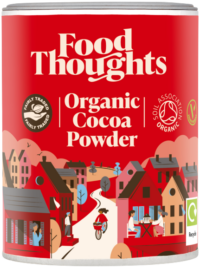
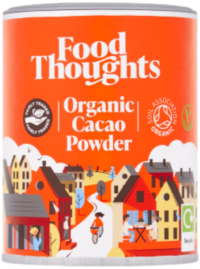
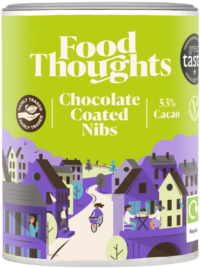
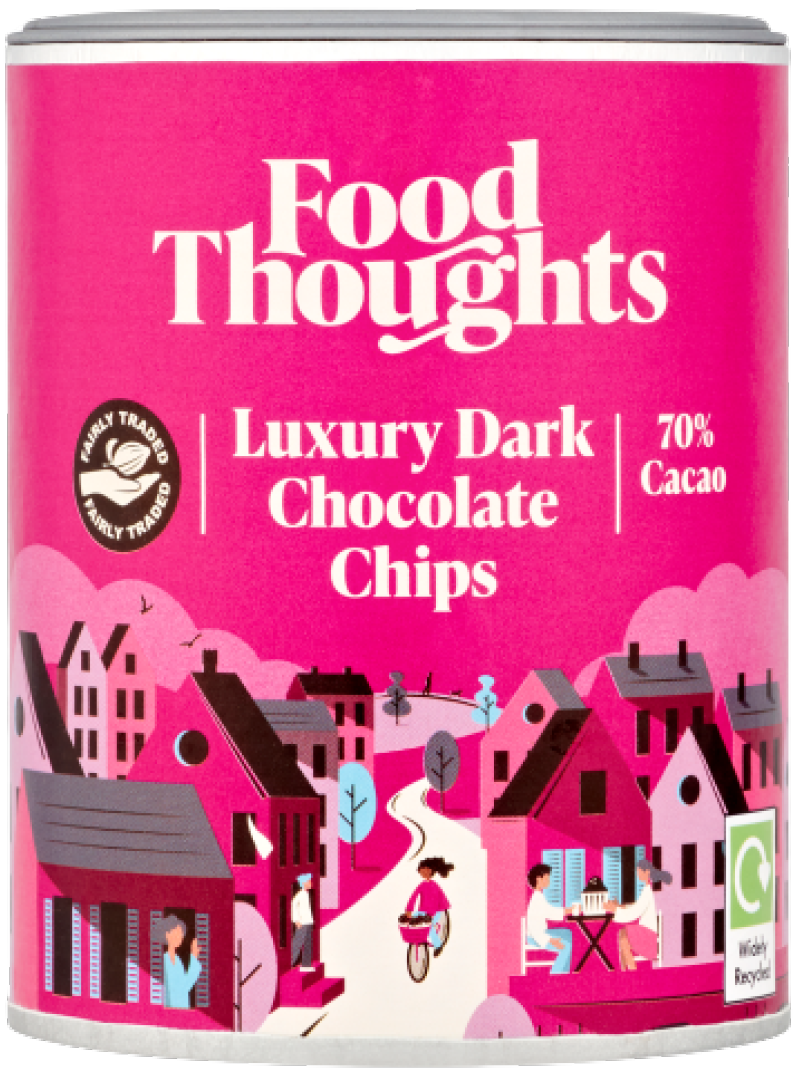
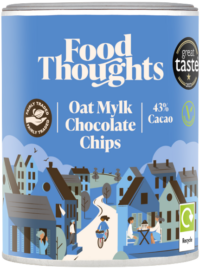
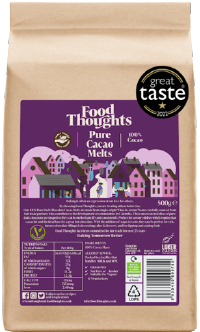
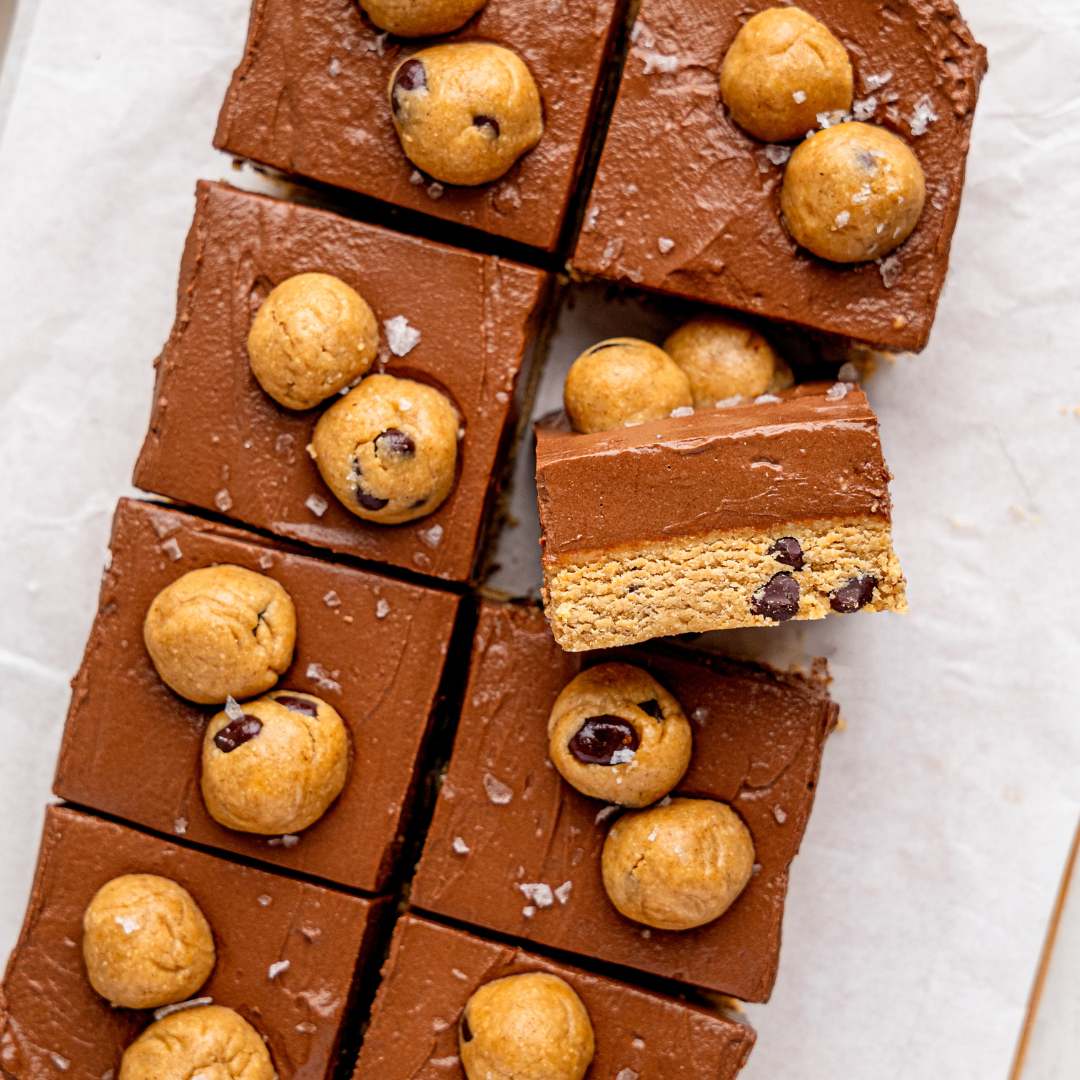

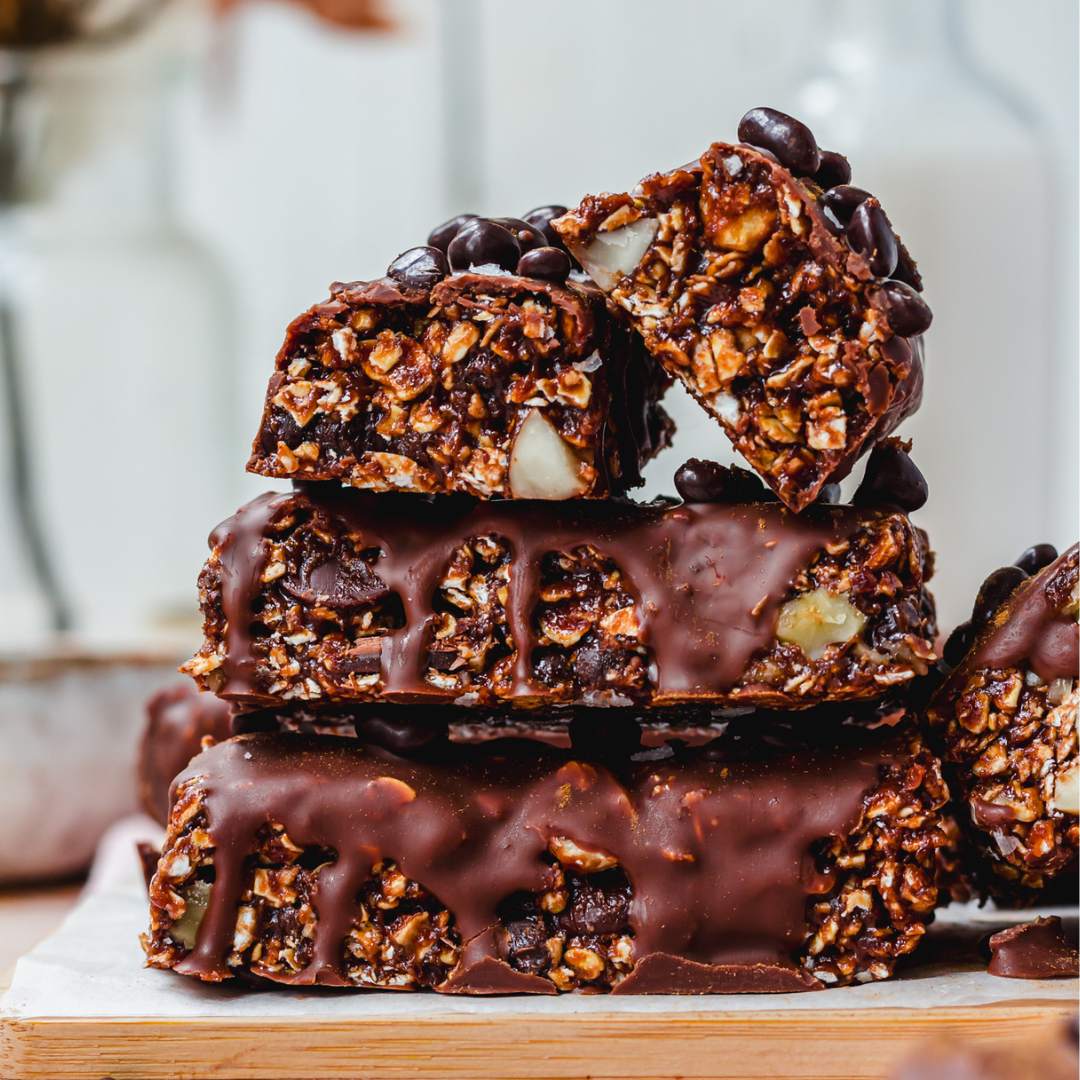
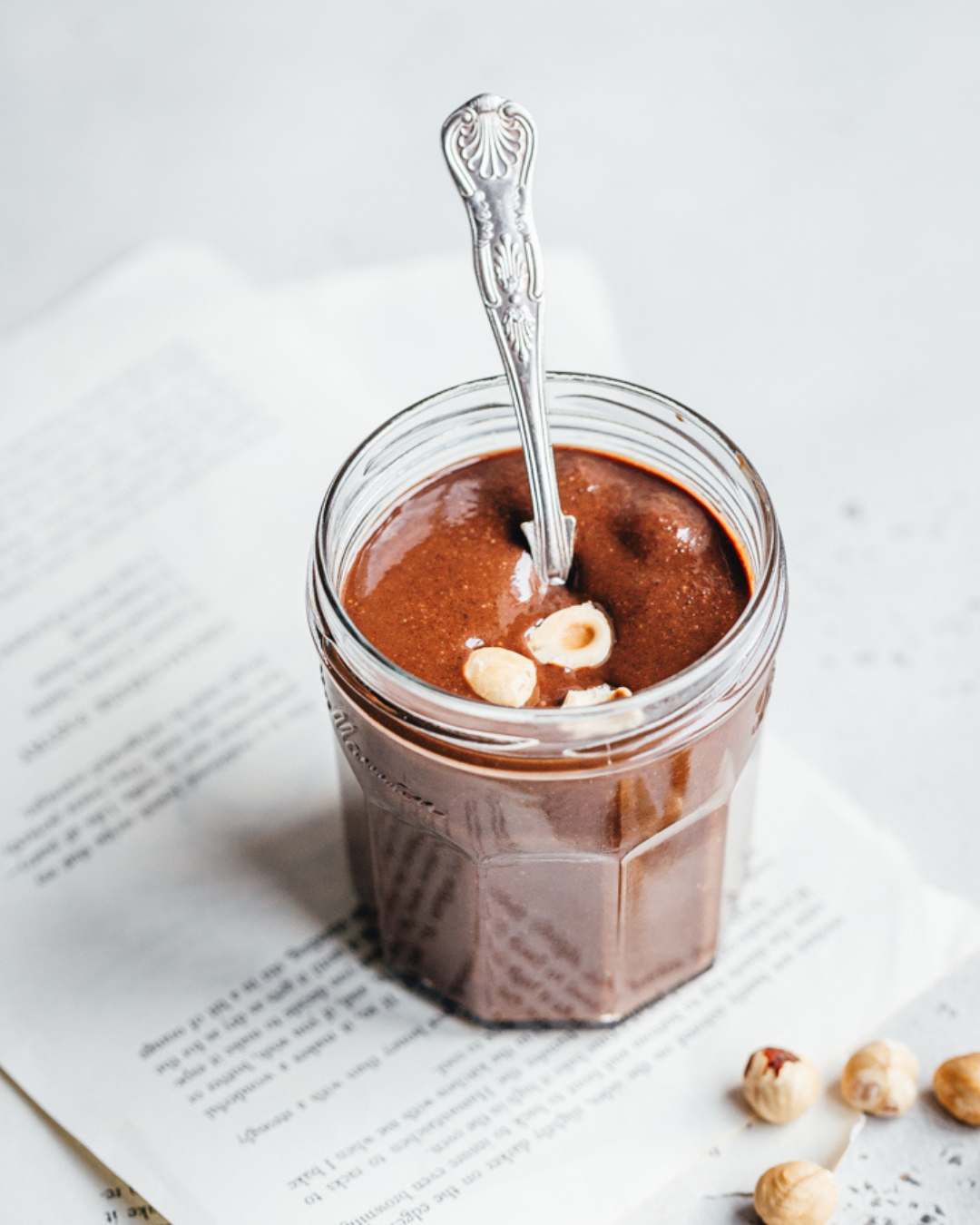
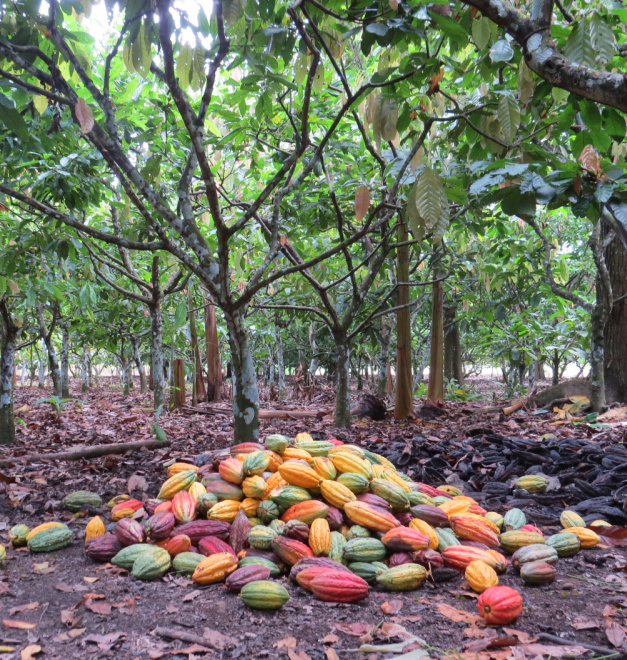

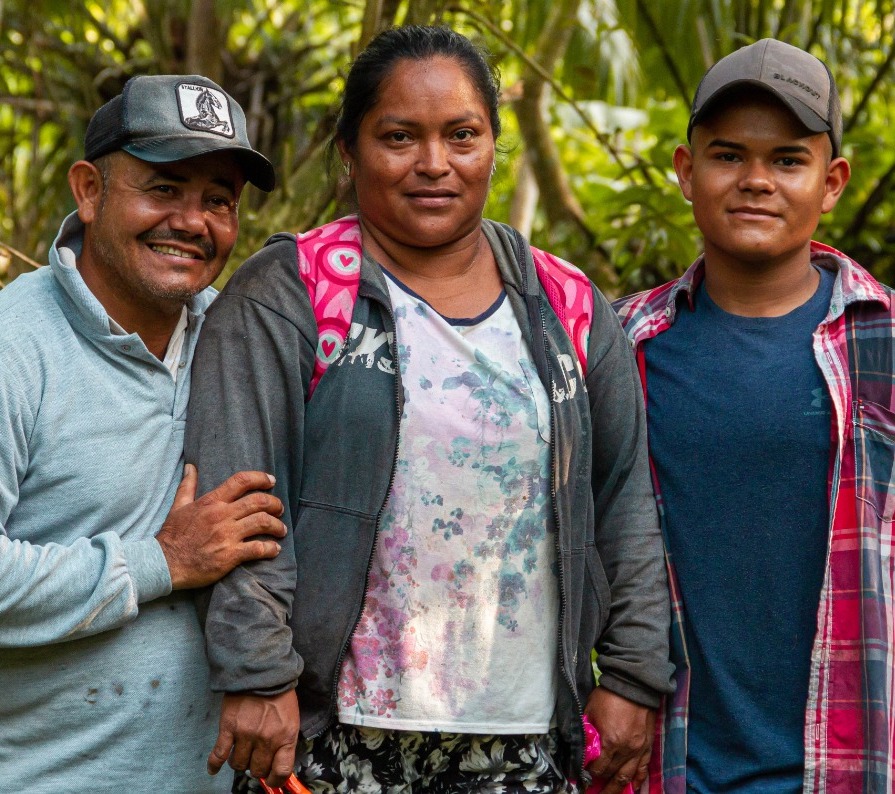
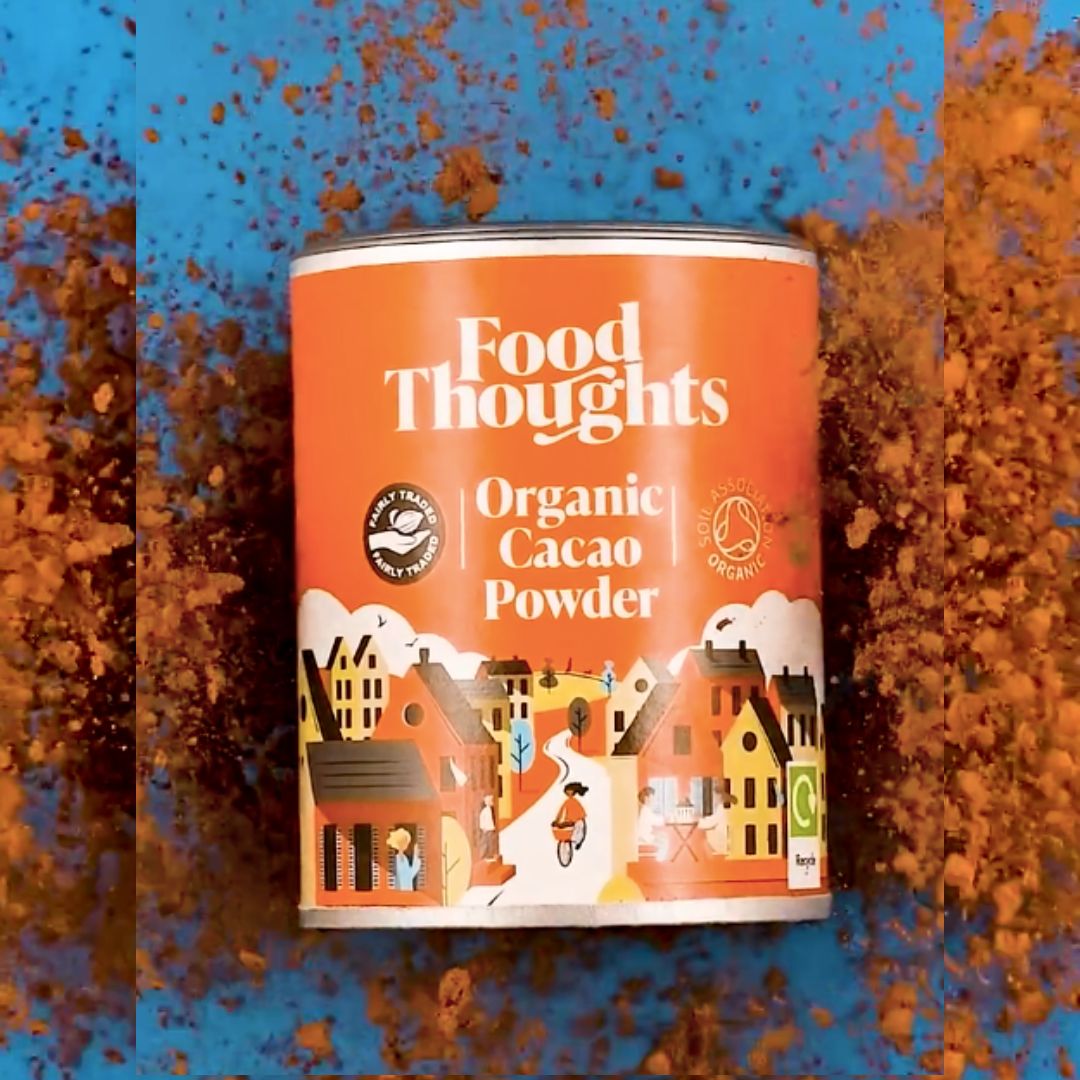
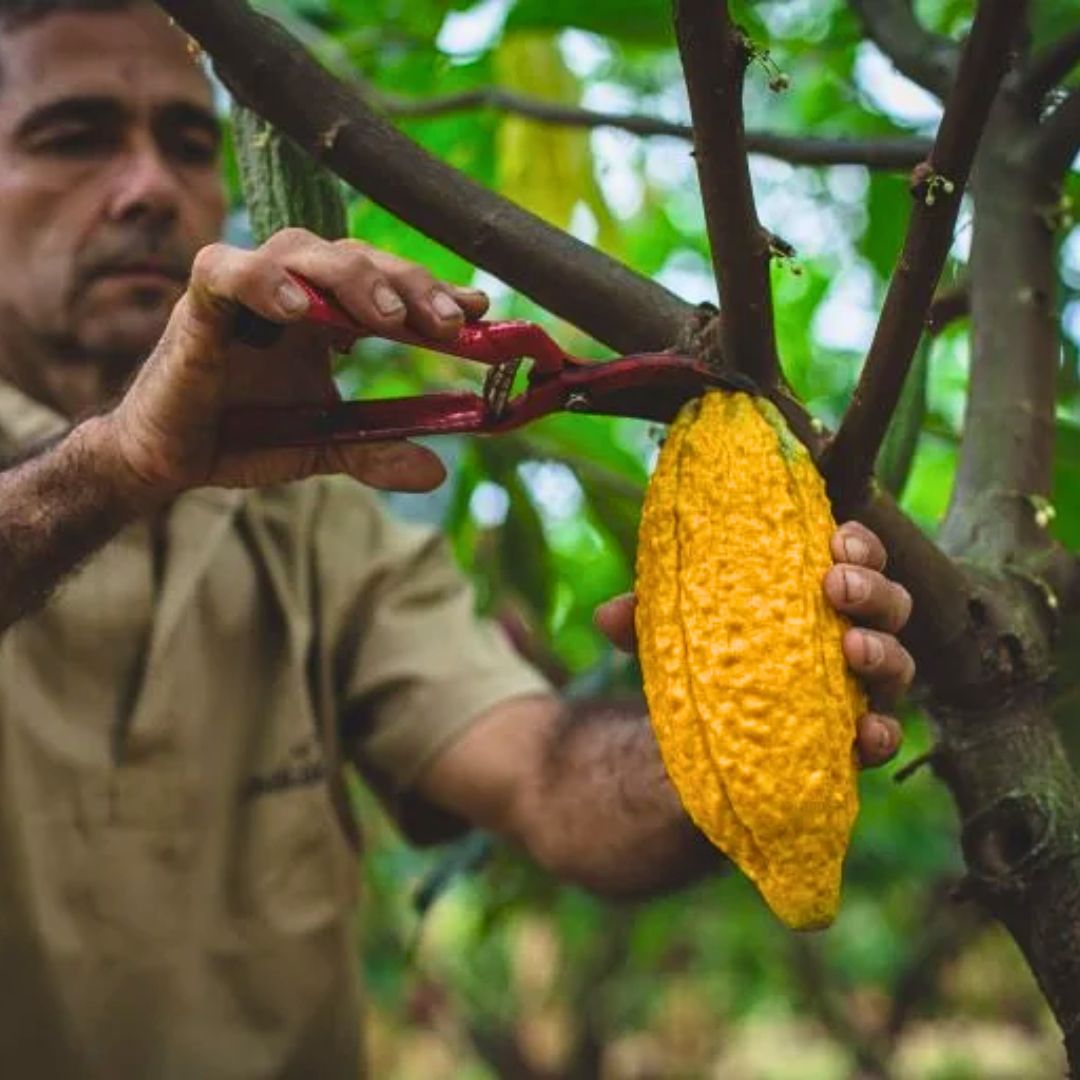
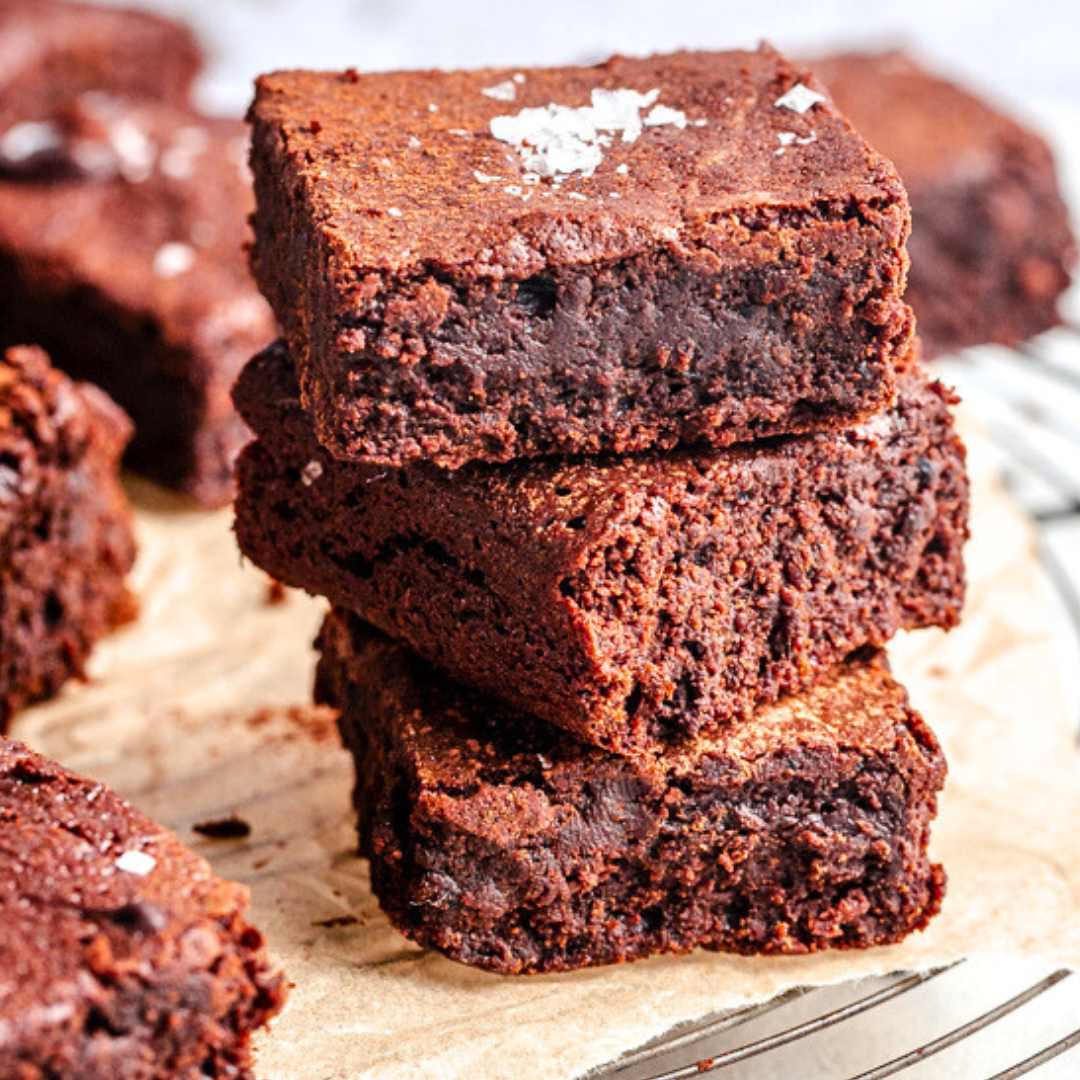
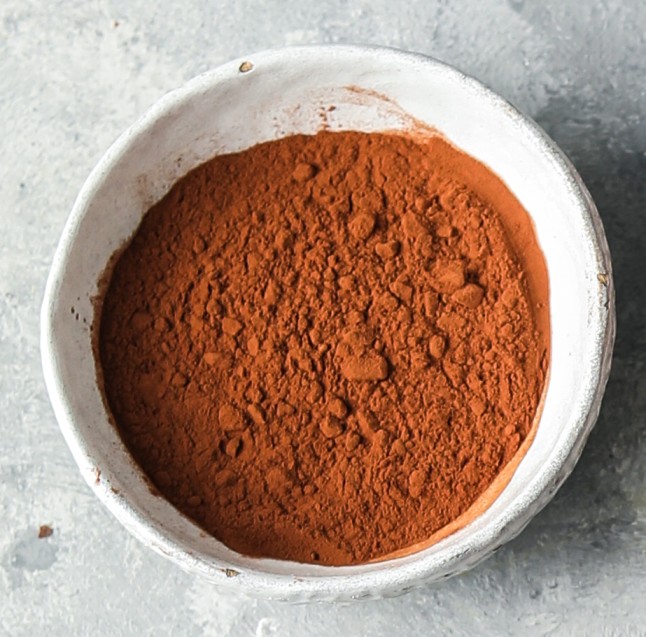






Share this